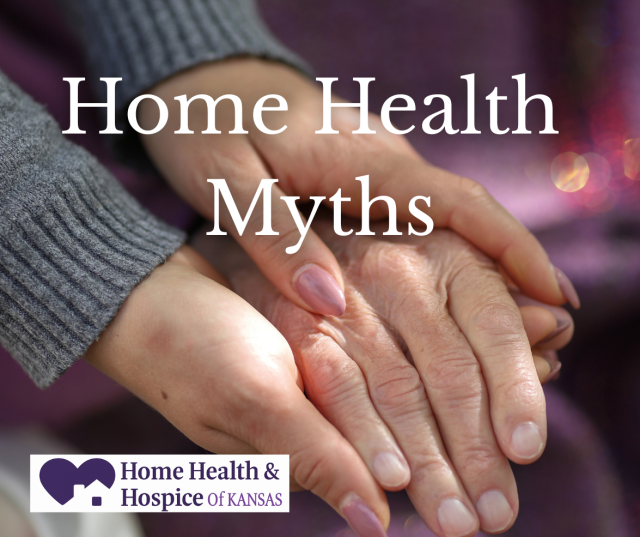
Home Health Myths: What You Need to Know
When it comes to home health care, there are many common myths and misunderstandings that can prevent people from accessing the services they need. Understanding the facts about home health care vs home care, who qualifies, and what services are available can help you make informed decisions for yourself or a loved one.
Myth #1: Home Health Is Only for the Elderly
While many patients receiving home health care services are seniors, home health care is for people of all ages. Whether you’re recovering from surgery, managing chronic conditions like diabetes or heart failure, or rehabilitating after an injury, you may qualify for home health support.
Myth #2: Home Health Care and Home Care Are the Same
It’s important to understand the difference between home health care vs home care:
- Home health care involves medical services provided by licensed professionals, such as nurses and therapists.
- Home care focuses on non-medical assistance, including help with bathing, cooking, or companionship.
Both play vital roles but serve different needs.
Myth #3: You Must Be Bedridden to Qualify for Home Health
In reality, you only need to be homebound to qualify for many home health care services. This means leaving the house is difficult and requires significant effort or assistance—not necessarily that you must be confined to bed.
Myth #4: Medicare Doesn’t Cover Home Health
Many people don’t realize that Medicare home health coverage is available if certain conditions are met:
- You are under the care of a doctor
- You need skilled nursing or therapy services
- You are considered homebound
This coverage can help reduce out-of-pocket costs for eligible patients.
Myth #5: Home Health Is Only for Short-Term Recovery
While often used after hospital stays, home health care is also ideal for long-term management of chronic diseases. Skilled professionals help patients with conditions such as COPD, heart disease, and diabetes avoid hospital readmissions and maintain quality of life.
Myth #6: Home Health Replaces Your Doctor
Home health care works with your doctor, not instead of them. Your care team develops a plan under your physician’s guidance to ensure coordinated and effective treatment.
Myth #7: Home Health Is Not Safe or Effective
Contrary to this myth, home health care has been proven to improve outcomes and reduce hospital visits. Patients often experience greater comfort and personalized attention in their own homes.
Myth #8: Only Nurses Provide Home Health Care
A full home health care team may include:
- Registered Nurses (RNs)
- Physical, Occupational, and Speech Therapists
- Social Workers
- Home Health Aides
Each plays a key role in providing comprehensive care tailored to the patient’s needs.
Final Thoughts
Don’t let misinformation keep you or your loved ones from accessing valuable home health care services. Whether you’re considering short-term recovery or long-term care, home health can be a safe, effective option.
Have questions about home health care eligibility or how to get started? Contact us here at Home Health and Hospice of Kansas or a local home health agency today.
